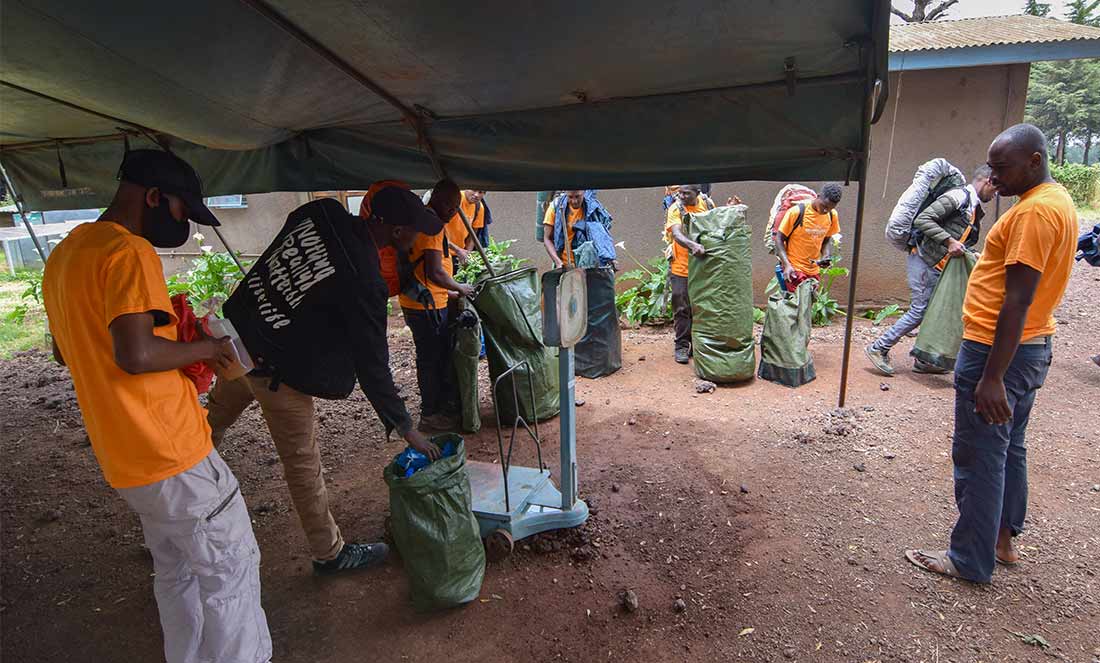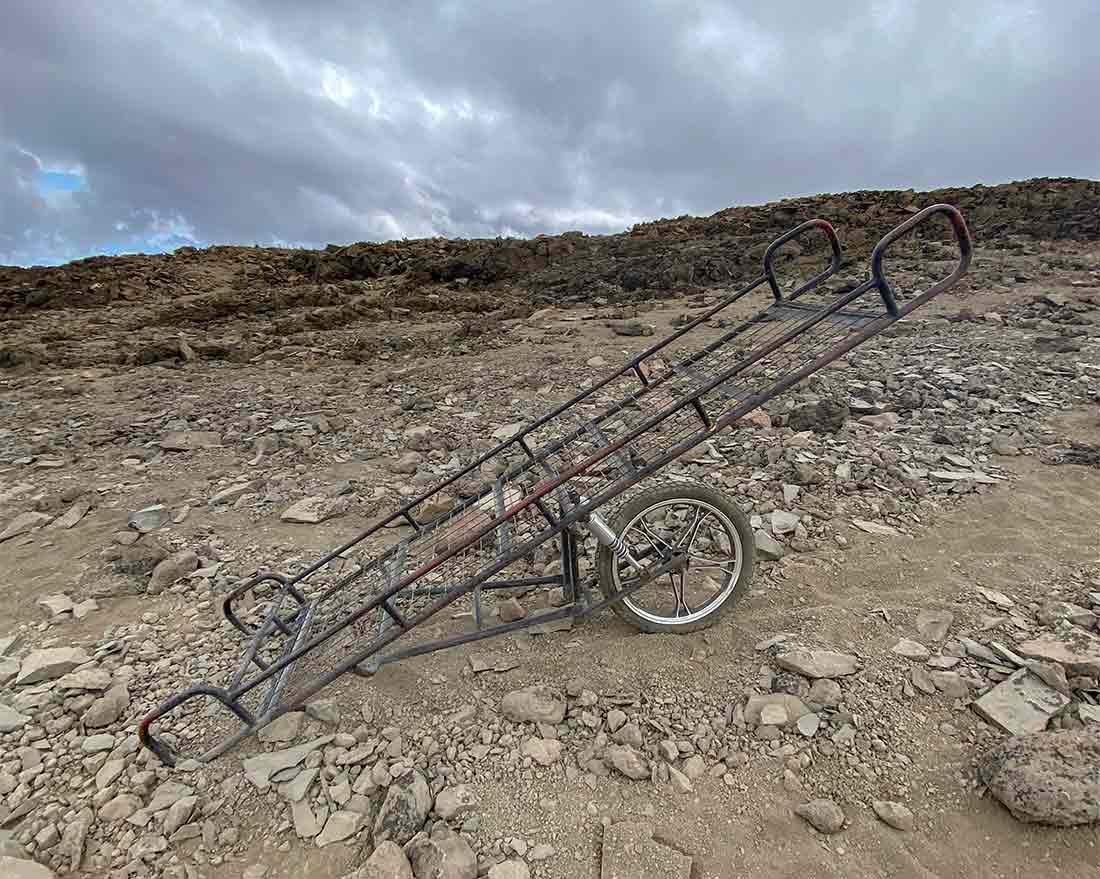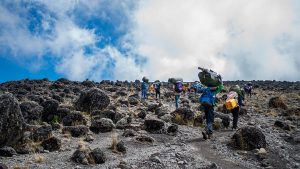Kilimanjaro, Africa’s tallest peak and one of the most sought-after summits in the world, entices adventurers with its majestic beauty and unparalleled challenge. As climbers begin planning their Kilimanjaro trek, one crucial decision must be made—what company do you climb with? First of all, there are three tiers of tour operators. The luxury operator costs upwards of $5,000 per person. The mid-range operator costs between $2,700 to $3,500 per person and the budget operator costs roughly $2,500 per person. While budget operators may initially appear appealing for their lower prices, a closer examination reveals significant risks that can compromise safety, quality, and the overall experience. Here’s why opting for a budget operator on Kilimanjaro might not be the wisest choice.
How They Cut Costs

It’s important to note that park fees and permits for accessing Kilimanjaro are standardized across all operators. So where do the budget operators cut the costs?
Budget operators on Kilimanjaro often cut costs in several ways that compromise the safety and well-being of their porters and clients.
One common practice is reducing the number of meals provided to porters each day. Giving them one meal instead of three. This deprives them of essential nutrition during their strenuous work.

Additionally, these operators may skimp on properly equipping porters with adequate gear, such as proper footwear and clothing. This also puts them at risk of injury and discomfort.
Furthermore, budget operators may rely on used, damaged, or homemade tents for accommodation. This sacrifices the comfort and safety of their clients. Tents may leak when it’s raining or fall over when it is windy.
Safety Concerns
Ensuring climbers’ safety should be the top priority for any tour operator on Kilimanjaro. However, budget operators often cut corners on essential safety measures to reduce costs. They may employ inexperienced guides, provide substandard equipment, or neglect proper altitude acclimatization protocols. Such compromises significantly increase the risk of accidents, altitude sickness, and other health hazards during the ascent.
Lack of Experience and Expertise
Successfully summiting Kilimanjaro requires extensive experience, knowledge, and expertise in high-altitude trekking. Budget operators, driven primarily by cost-cutting motives, may lack the seasoned guides and support staff necessary to effectively navigate the mountain’s challenges. Inexperienced guides may struggle to handle emergencies, make sound decisions in adverse conditions, or provide adequate assistance to climbers, jeopardizing the entire expedition.

Poor Quality Services
While budget operators may offer enticingly low prices, they often compromise on the quality of services provided. Accommodations, meals, and equipment provided by budget operators may be of inferior quality, detracting from the overall experience and comfort of climbers.
They do not provide three hot meals a day. Instead, they distribute dry, bland box lunches to their clients.
Additionally, budget operators may overcrowd routes and campsites to maximize profits. This results in a less enjoyable and more chaotic trekking experience, leading to lost clients. Our guides have gone out in the middle of the night to find other companies lost hikers.
Environmental and Ethical Concerns
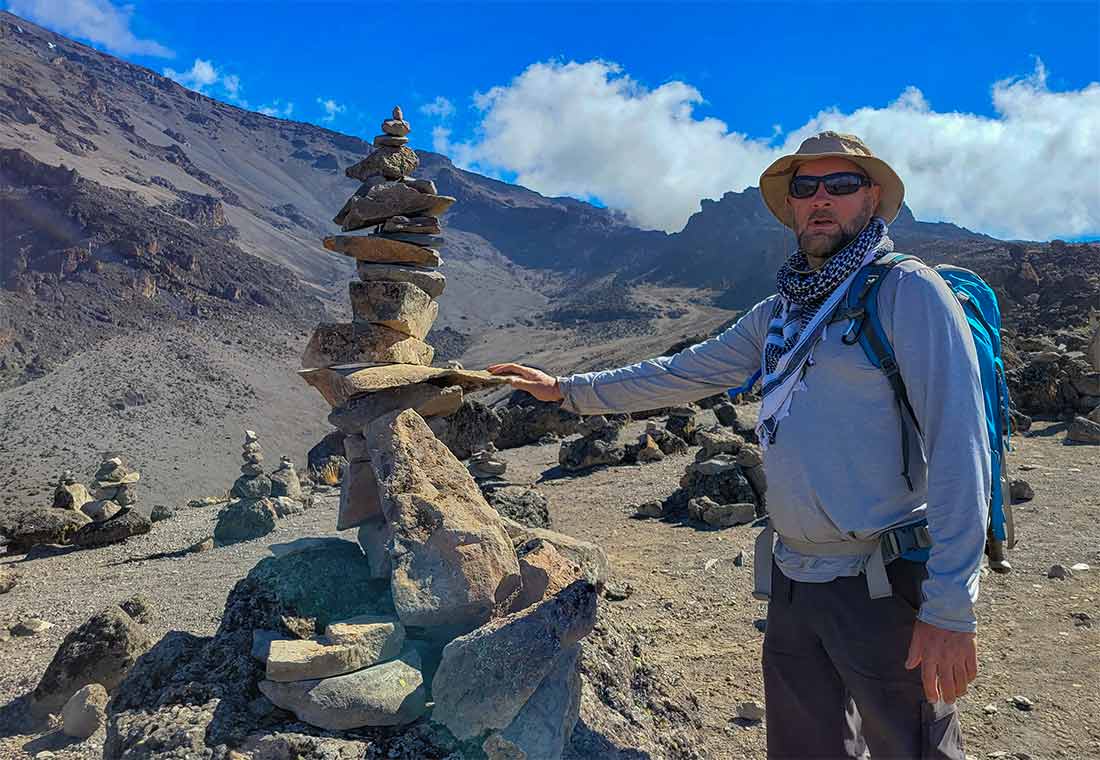
Responsible tourism and environmental sustainability are crucial considerations when exploring natural wonders like Kilimanjaro. However, budget operators may prioritize profit over environmental conservation and ethical practices. They may engage in practices such as littering, overexploitation of natural resources, or inadequate waste management. These destructive practices contribute to environmental degradation. Which in turn harms the delicate ecosystems of the mountain.
Limited Support and Resources
Conquering Kilimanjaro is a formidable undertaking that requires comprehensive logistical support and resources. Budget operators, constrained by their low prices, may lack the necessary infrastructure, emergency support systems, and medical facilities to ensure a smooth and safe ascent. In the event of emergencies or unforeseen circumstances, climbers with budget operators may find themselves ill-equipped and stranded on the mountain without adequate assistance.
Kilimanjaro Porters Assistance Project
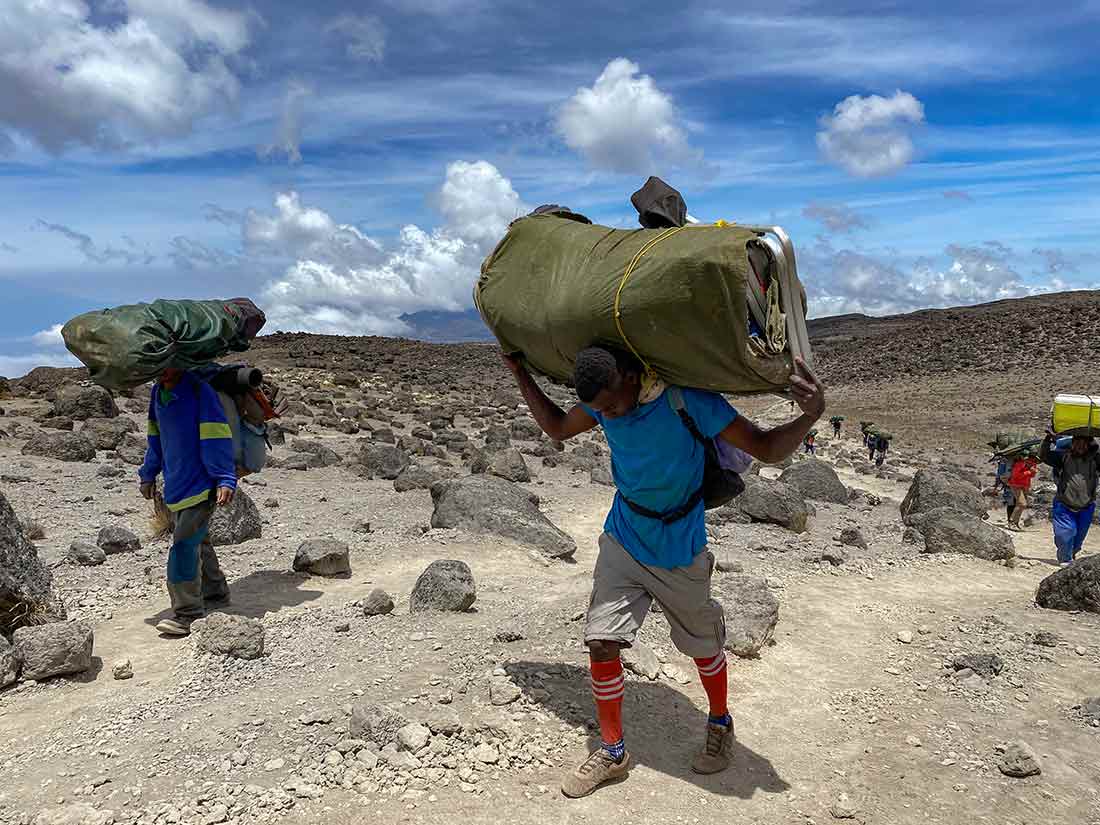
The practice of mistreating the porters occurs frequently by budget operators. For this reason, The Kilimanjaro Porters Assistance Project (KPAP) was created. KPAP is a non-profit organization dedicated to improving the working conditions and welfare of porters on Mount Kilimanjaro. Founded in 2003, KPAP collaborates with local tour operators, guides, and porters to advocate for fair wages, ethical treatment, and proper equipment for porters.
Through their initiatives, KPAP provides training on mountain safety, health, and environmental conservation, empowering porters with essential skills and knowledge.
They also conduct regular monitoring and evaluations to ensure compliance with ethical standards and guidelines set forth by the International Mountain Explorers Connection (IMEC) and the Kilimanjaro National Park Authority.
By promoting fair labor practices and advocating for the rights of porters, KPAP plays a crucial role in fostering a sustainable and responsible climbing industry on Mount Kilimanjaro.
Final Thoughts
While the allure of cost savings may tempt some climbers to opt for budget operators on Kilimanjaro, the inherent risks and compromises associated with such choices far outweigh the potential savings. Climbing Kilimanjaro is a once-in-a-lifetime experience that deserves careful planning, investment in safety, and quality support from reputable and experienced tour operators. By prioritizing safety, expertise, and responsible tourism practices, climbers can ensure a fulfilling and memorable journey to the Roof of Africa, free from unnecessary risks and setbacks.
The best place to start your planning is by choosing a KPAP operator. You can find them here. Better yet, just climb with Kilimanjaro Sunrise since we are a member.
